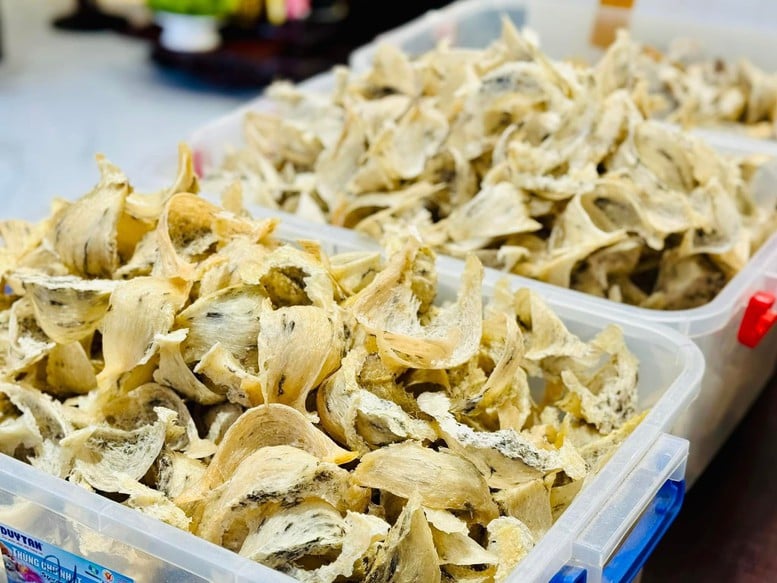
Vietnam has more than 70 businesses participating in the monitoring program, more than 4,000 bird's nest houses have been inspected for disease safety - Photo: VGP/Do Huong
Increase the number of bird's nest houses strongly
The bird's nest farming industry in Vietnam is growing strongly, with a rapid increase in the number of bird's nest houses. According to the Department of Animal Husbandry and Veterinary Medicine ( Ministry of Agriculture and Environment ), from more than 8,300 bird's nest houses in 2017, this number increased to 11,740 houses in August 2019, reaching 22,363 houses in 2021, 23,742 houses in 2022, 26,561 houses in 2023, and by 2024, it is 29,320 houses.
Kien Giang leads with 2,981 birdhouses (a slight decrease from 2,995 in 2022), followed by Tien Giang (1,732), Dak Lak (1,725), and Binh Thuan (1,680). Bird's nest output in 2024 is estimated at 270 tons, an increase of 8% compared to 2023, aiming for the target of 350-400 tons/year according to the Livestock Development Strategy to 2030.
Vietnam has great advantages thanks to its long coastline, many islands, and mountain ranges jutting out into the sea, creating favorable conditions for the bird's nest farming industry. The quality of Vietnamese bird's nests is considered superior to that of other countries in the region, with high potential for commercial exploitation. However, the unsynchronized development and lack of strict management are posing many challenges.
Since bird's nests were prioritized by the Ministry of Agriculture and Rural Development (now the Ministry of Agriculture and Environment) to negotiate official exports to China in 2018, the process has made many important strides. On November 9, 2022, the Protocol on Quarantine, Inspection, and Veterinary Hygiene for Clean Bird's Nests was signed, opening up great opportunities for the Vietnamese bird's nest industry. To date, 13 enterprises have been approved by China to export, achieving an output of more than 4 tons of refined bird's nests and millions of products, with a value exceeding 4 million USD.
In order to expand the export types, the Ministry of Agriculture and Environment continued negotiations, leading to the signing of a new Protocol with the General Administration of Customs of China (GACC) on April 15, 2025, covering both raw and clean bird's nests, replacing the 2022 Protocol. The 2025 Protocol requires stricter requirements, including disease safety certification (avian influenza, Newcastle), nitrite and aluminum limits, sensory inspection, and heat treatment (product core temperature not below 70°C for at least 3.6 seconds). Primary and processing facilities must register with GACC, and only products after the registration date can be exported, with sealed packaging, labeling in Chinese and English, and a unified Veterinary Quarantine Certificate between the two parties.
Currently, more than 70 businesses are participating in the monitoring program, more than 4,000 bird nest houses have been inspected for disease safety, and more than 220 bird nest samples have been tested for food safety. This shows a great effort to meet international standards, especially when China consumes about 300 tons of bird nests each year, accounting for 80% of the global market share.
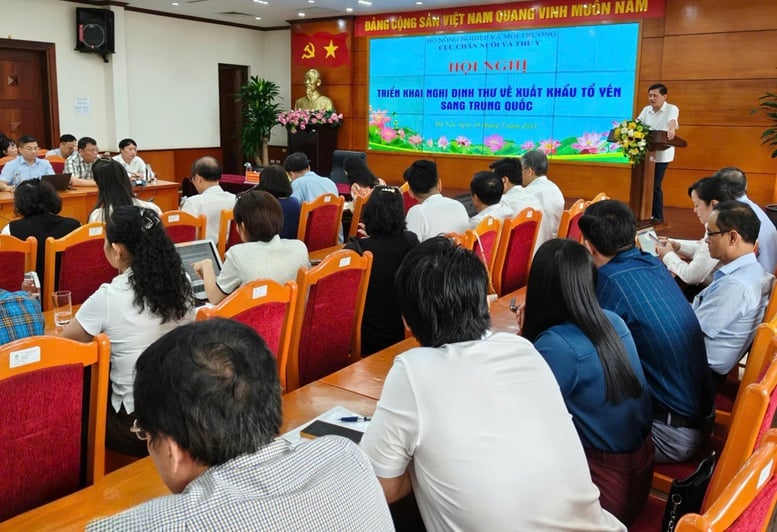
Conference on implementing the Protocol on exporting bird's nests to China - Photo: VGP/Do Huong
Challenges from counterfeit and poor quality goods
Today (May 8), at the Conference on the implementation of the Protocol on exporting bird's nests to China organized by the Department of Animal Husbandry and Veterinary Medicine, Ministry of Agriculture and Environment, delegates focused on discussing hot issues, especially difficulties in tracing origins, fierce competition from rivals, and the situation of fake, counterfeit, and poor quality bird's nests flooding the market.
According to Ms. Ly Hua Thi Lan Phuong, member of the Vietnam Bird's Nest Association, the amount of bird's nest imported from abroad into Vietnam far exceeds domestic production and is not strictly controlled, leading to a decrease in the value of bird's nest. On platforms like TikTok Shop, anyone can sell bird's nest without verifying its origin, making it easy for consumers to "lose money and suffer".
Mr. Phan Viet Hung from Vietnam Bird's Nest Company (Ninh Thuan) also emphasized the prevalence of counterfeit and fake goods on social networks, where there is no quality control mechanism.
In addition, competition from Malaysia, Indonesia and soon Thailand has posed a major challenge for Vietnamese bird's nest. Mr. Hong Dinh Khoa, Vice President of the Vietnam Bird's Nest Association, said that Chinese wholesalers are wary of Vietnamese products due to lack of trust, while they are used to using bird's nests from Malaysia and Indonesia. Ms. Nguyen Thi Thu Ha, General Director of Avanest Nutrition Joint Stock Company, admitted that Vietnamese bird's nests face fierce competition, although the quality is highly appreciated, Chinese partners still need "standard" products to have absolute trust.
To take advantage of opportunities from the Chinese market, Mr. Duong Tat Thang, Director of the Department of Animal Husbandry and Veterinary Medicine, affirmed that it is necessary to build a traceability system, plan farming areas, and improve product quality. Enterprises are encouraged to process deeply, compete fairly, and aim to build a national brand. Completing the legal framework, applying science and technology, and strengthening food safety supervision are necessary steps.
Furthermore, it is necessary to remove legal obstacles in licensing birdhouse construction – most of which are currently not officially licensed – and animal quarantine. Coordination between management agencies, businesses, and people will help the Vietnamese bird’s nest industry not only meet export standards but also build prestige in the international market.
Do Huong
Source: https://baochinhphu.vn/co-hoi-va-thach-thuc-xuat-khau-to-yen-sang-trung-quoc-102250508143737159.htm


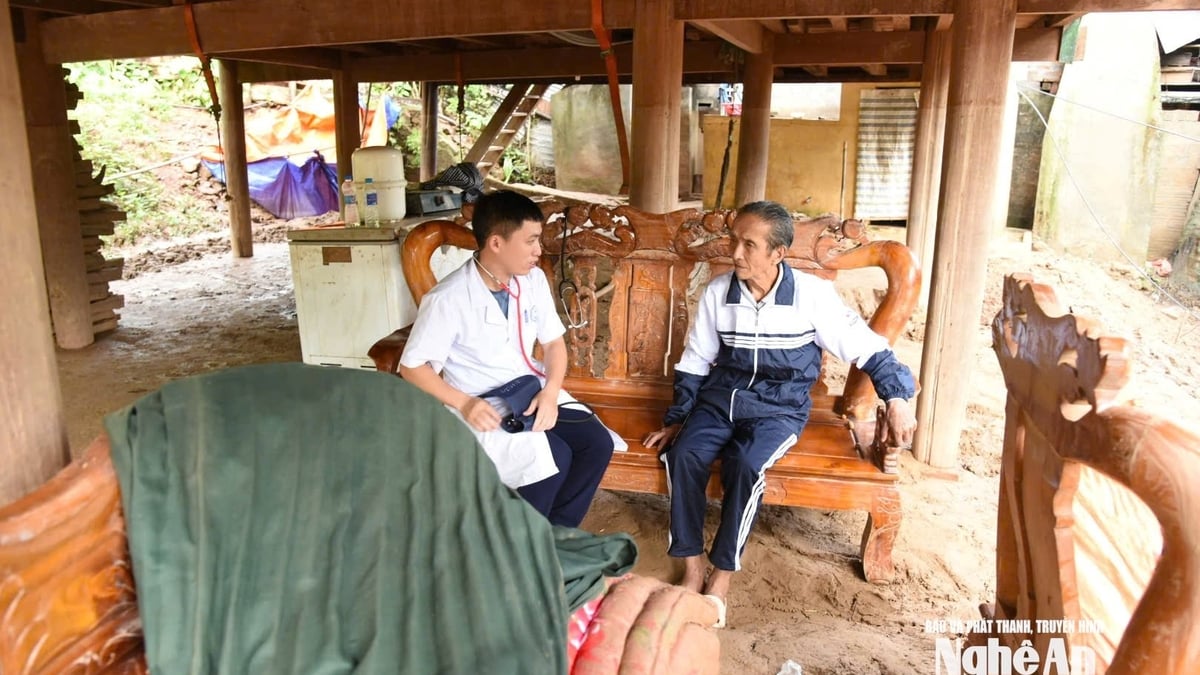
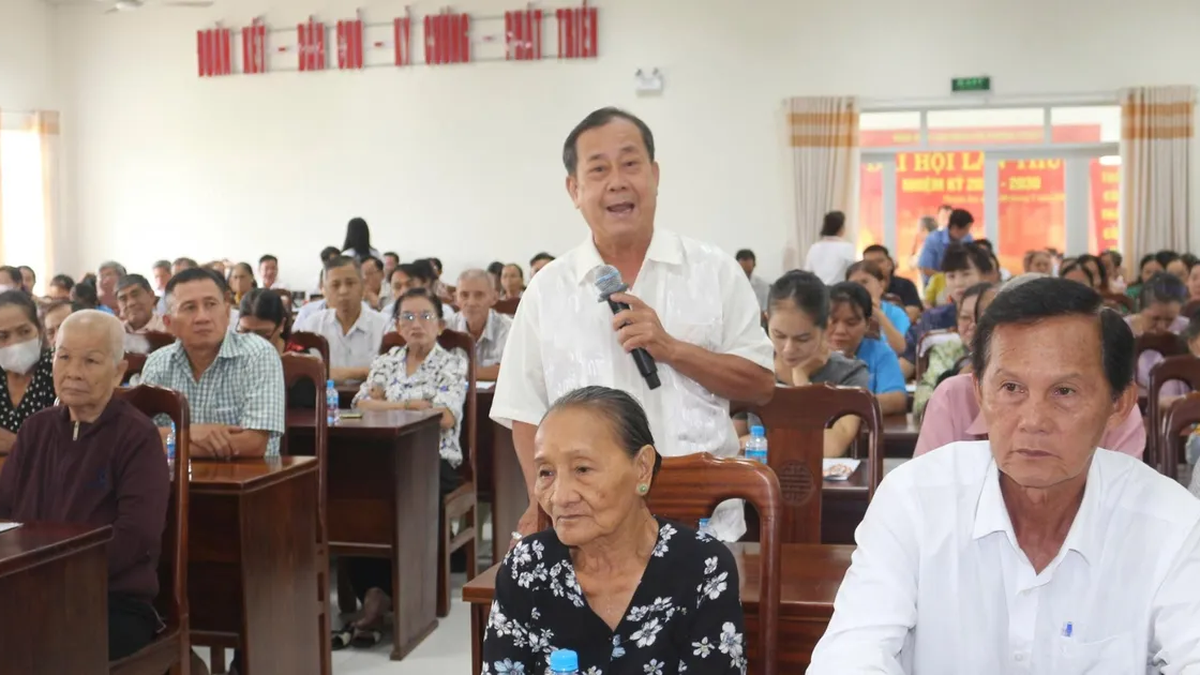
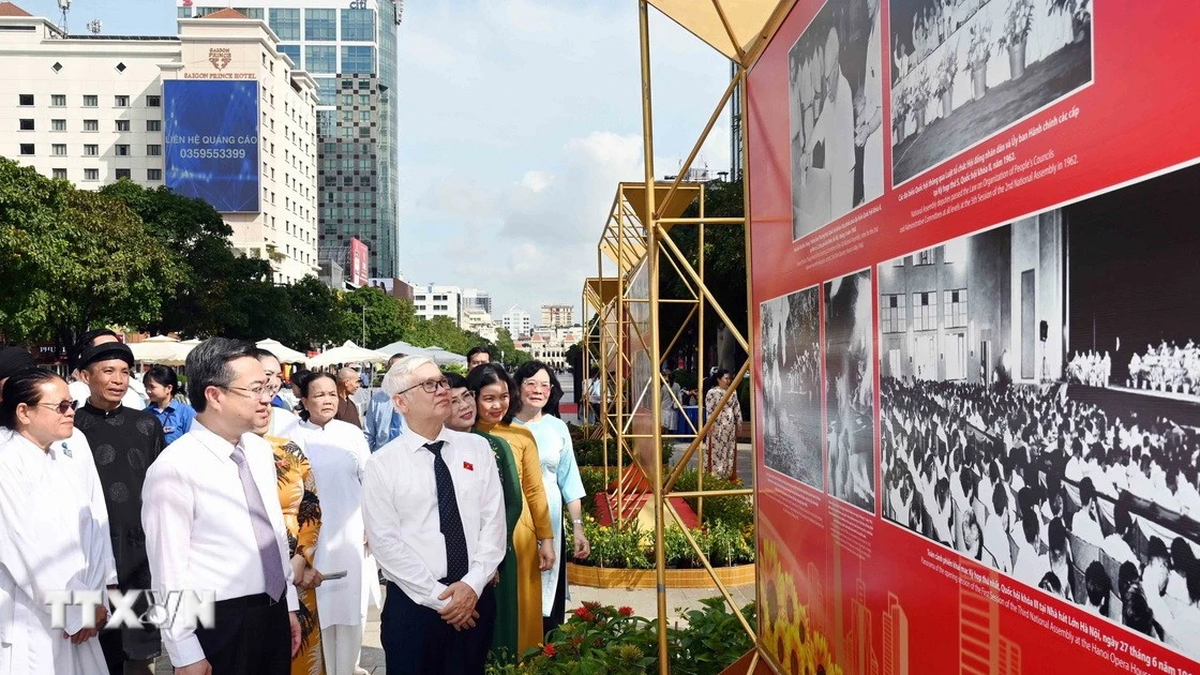
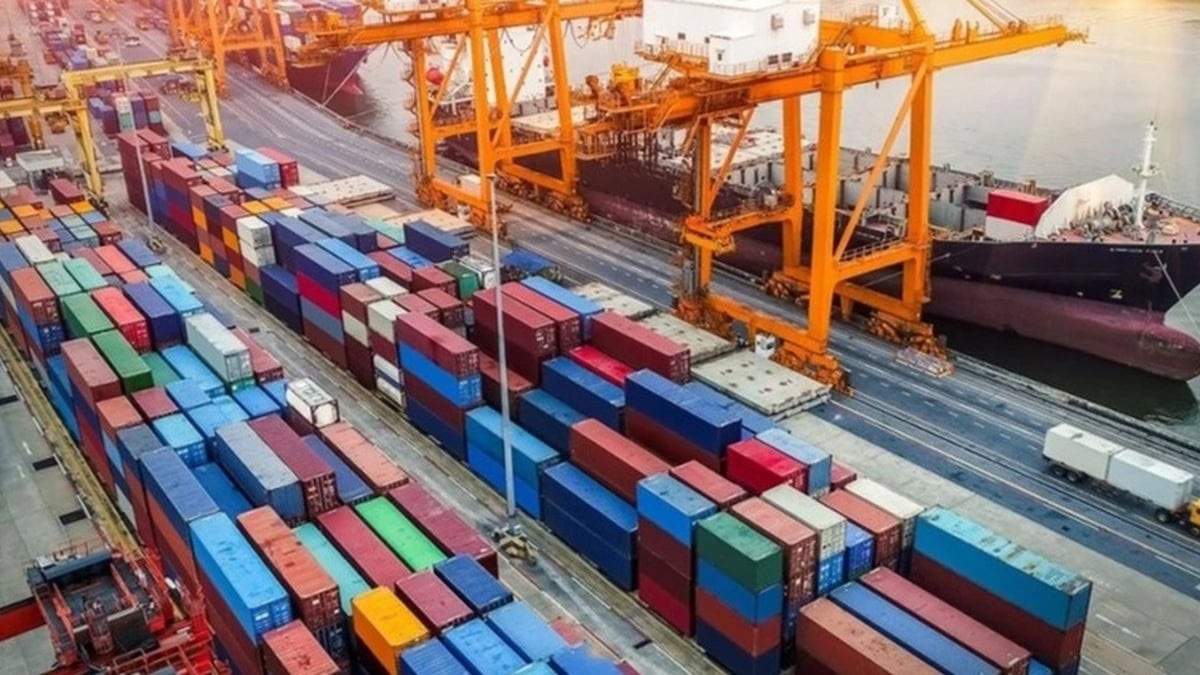
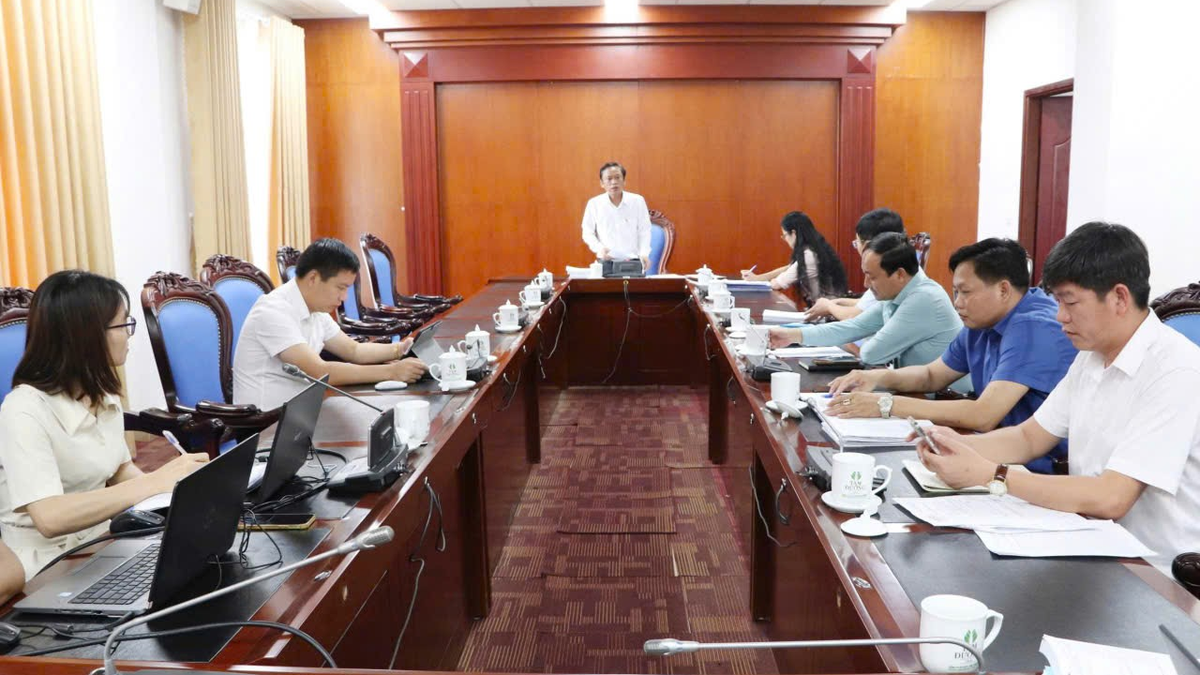
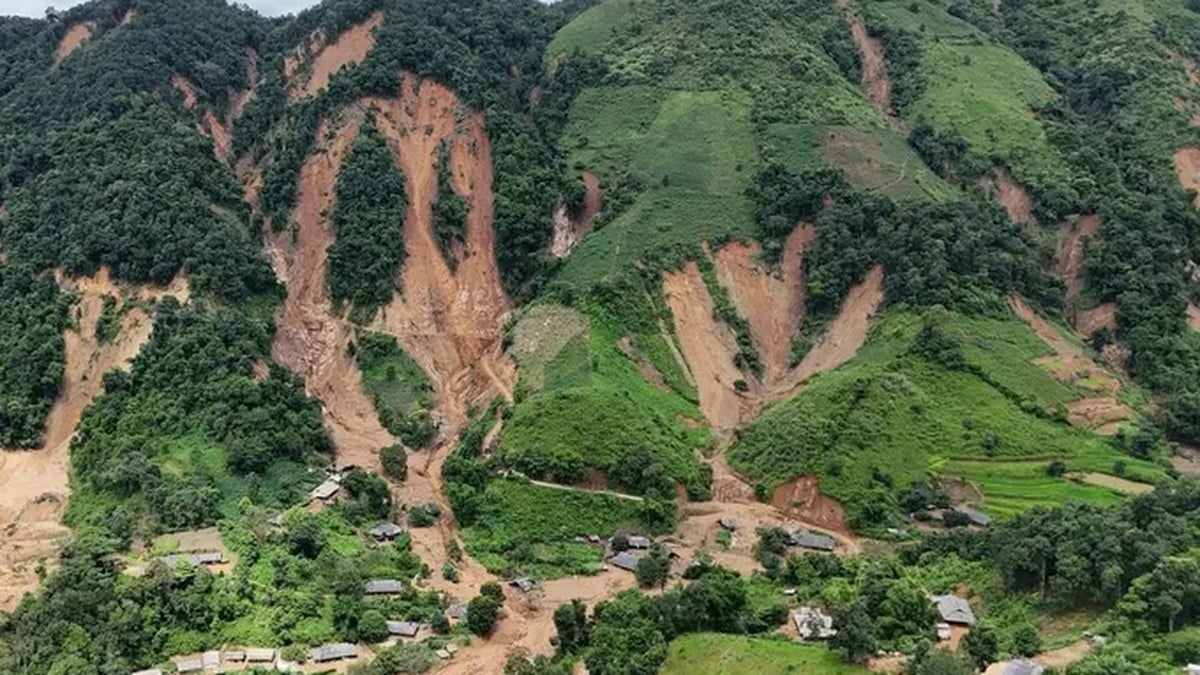
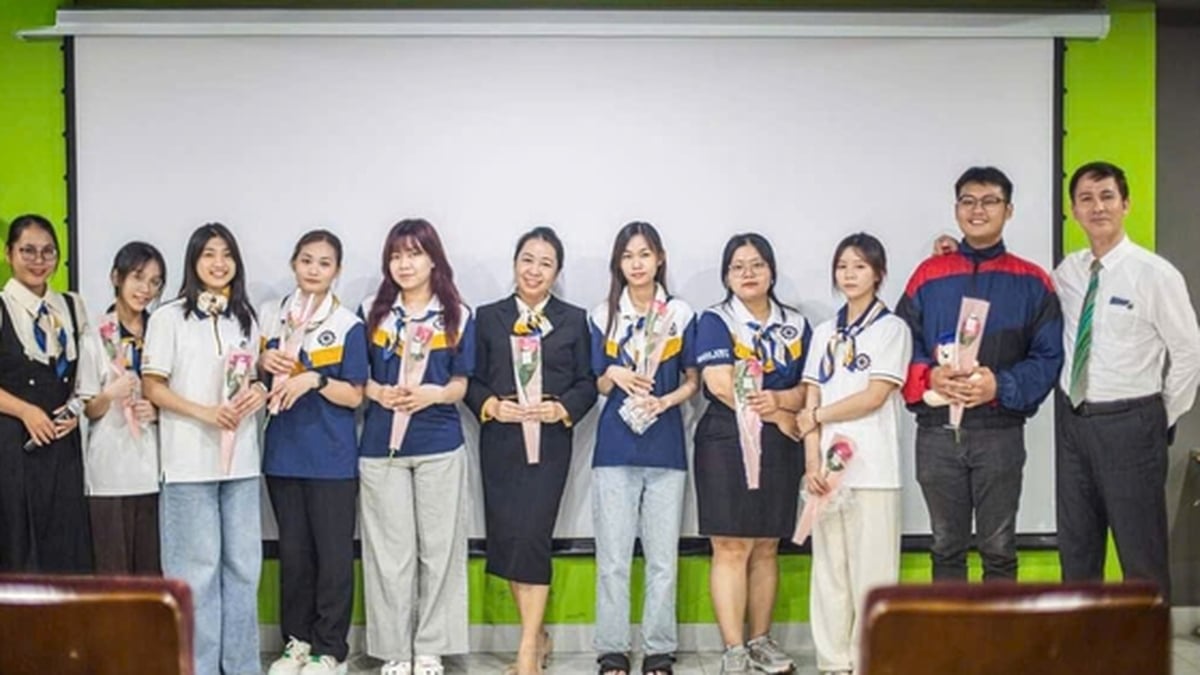
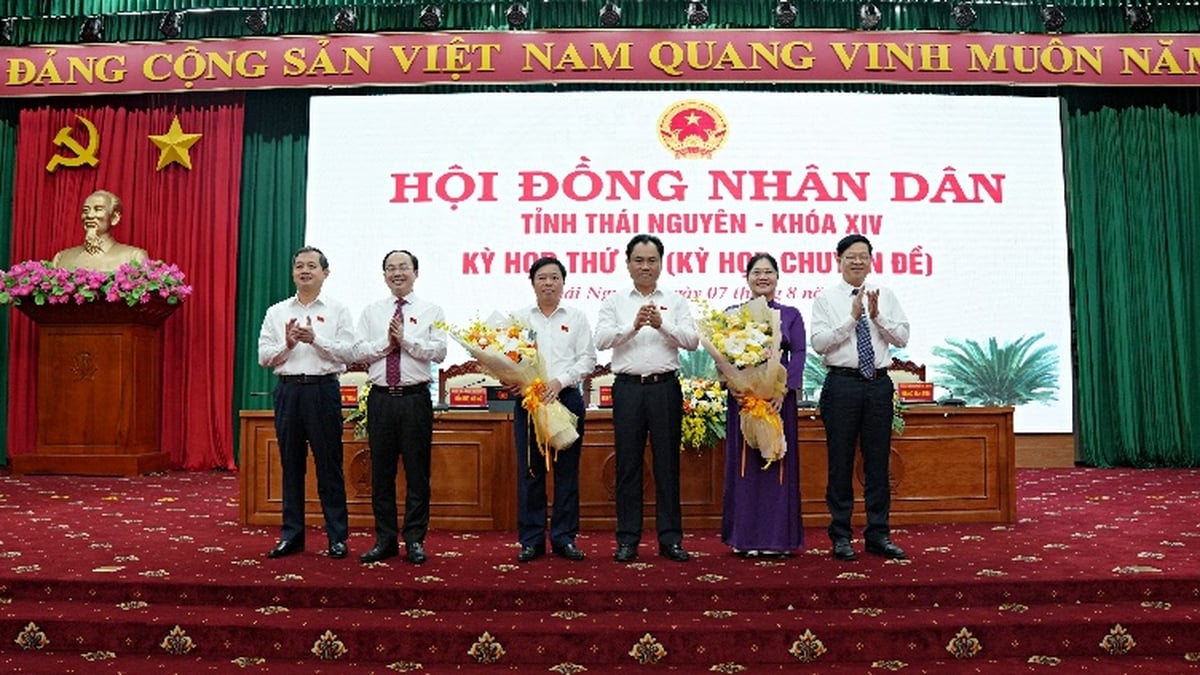
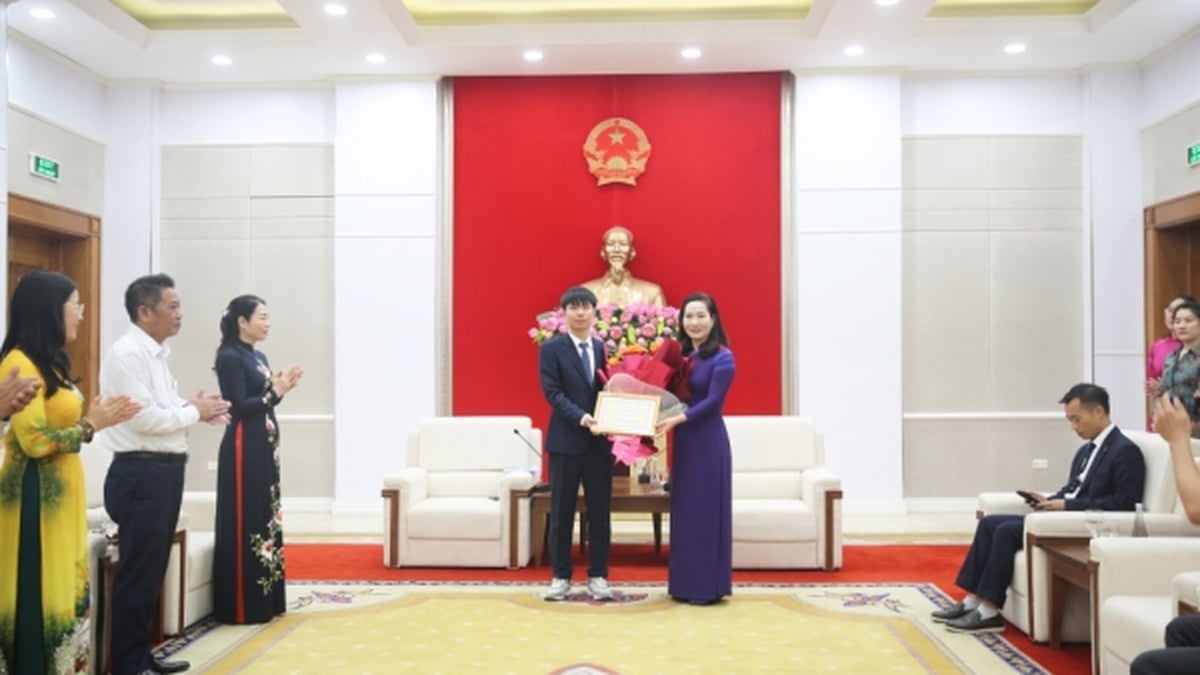
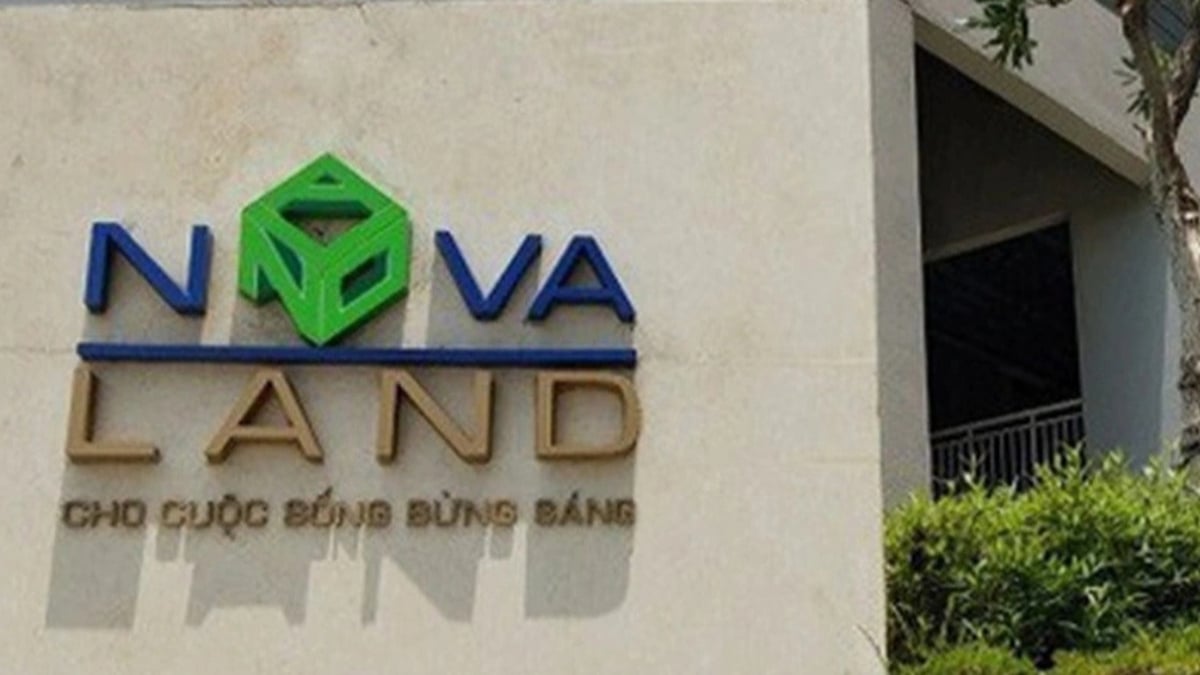












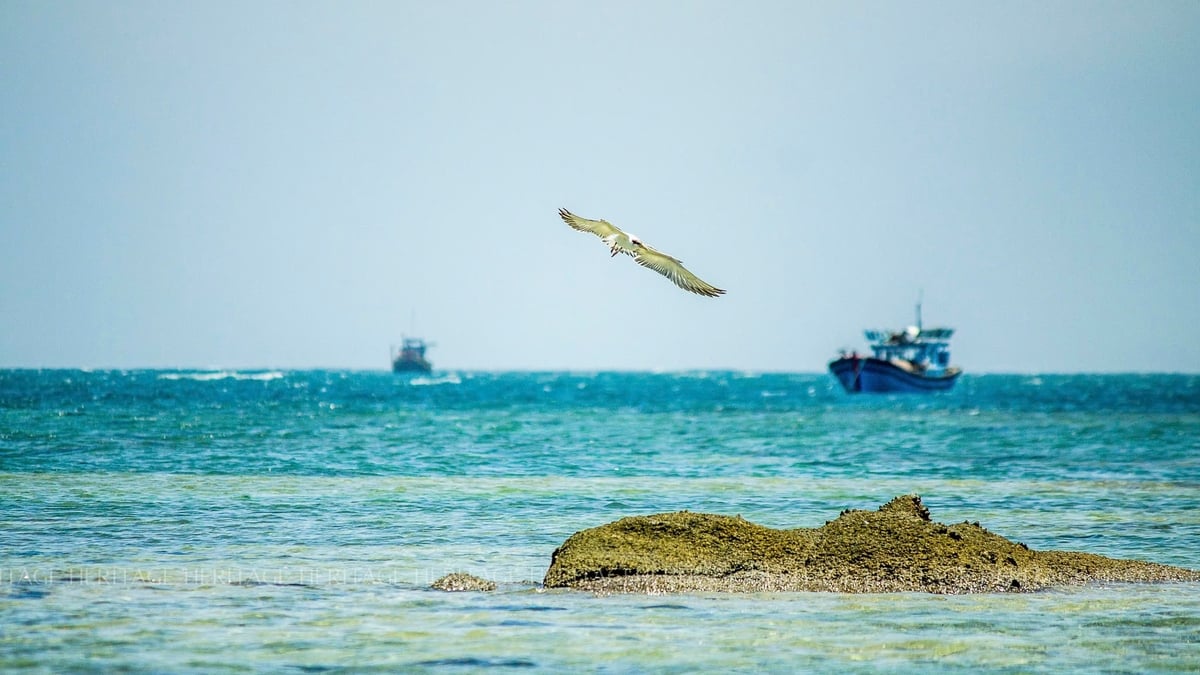


![[Photo] Nghe An: Provincial Road 543D seriously eroded due to floods](https://vphoto.vietnam.vn/thumb/1200x675/vietnam/resource/IMAGE/2025/8/5/5759d3837c26428799f6d929fa274493)
![[Photo] Discover the "wonder" under the sea of Gia Lai](https://vphoto.vietnam.vn/thumb/1200x675/vietnam/resource/IMAGE/2025/8/6/befd4a58bb1245419e86ebe353525f97)





























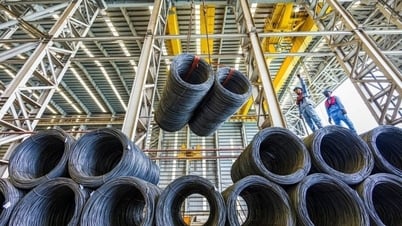



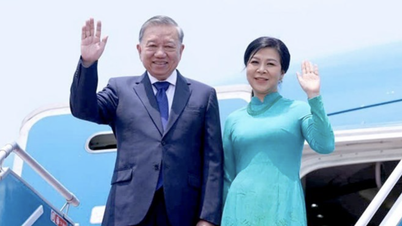


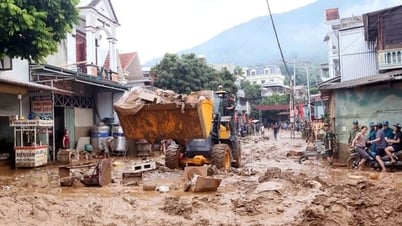

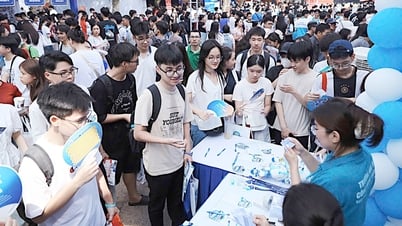




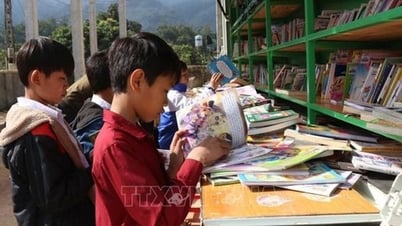




















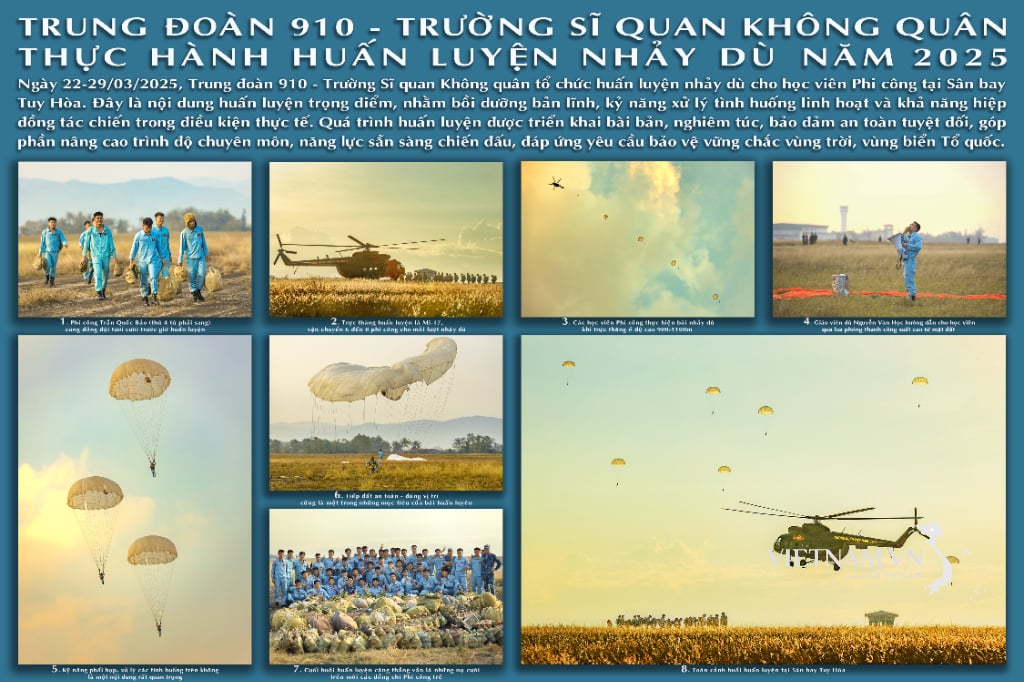
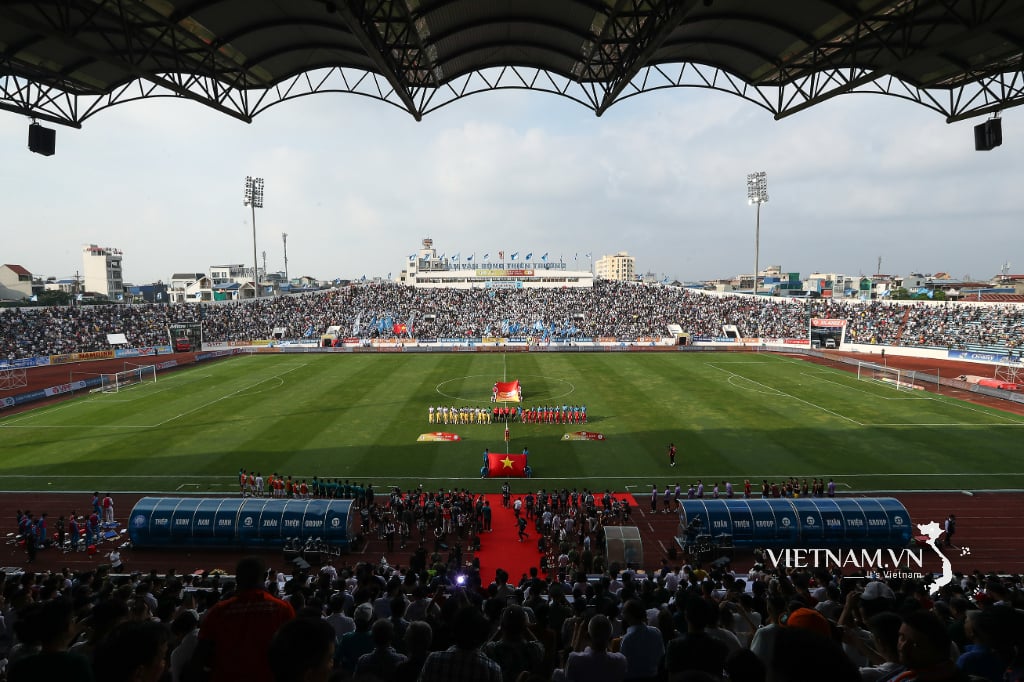
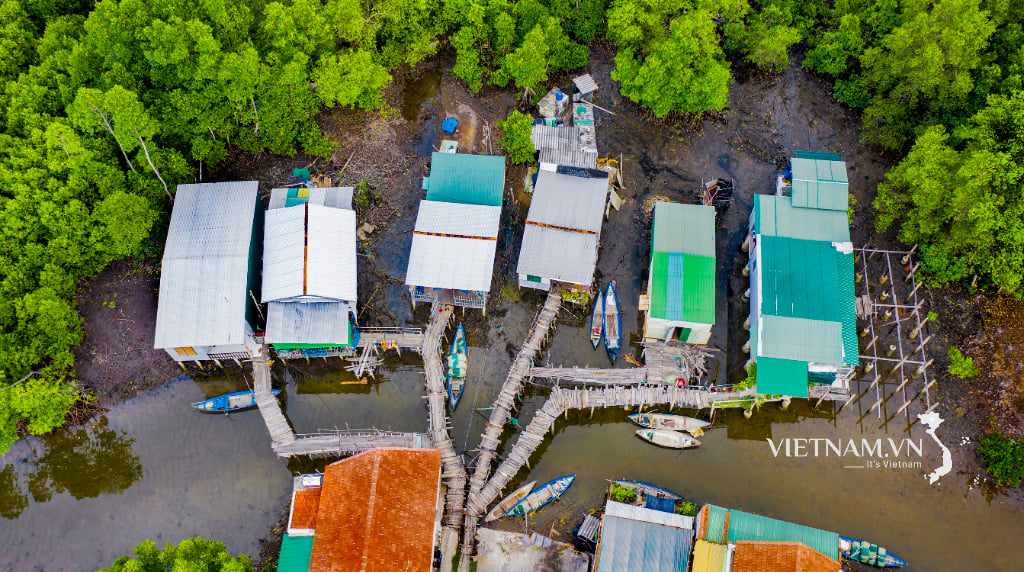
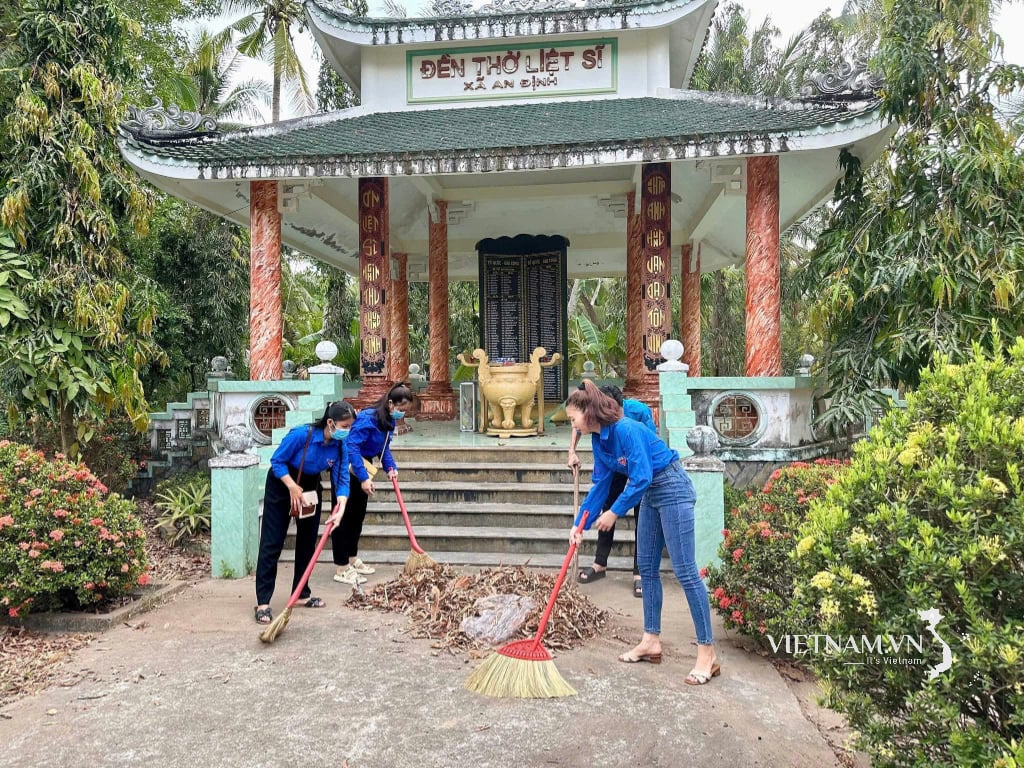
Comment (0)